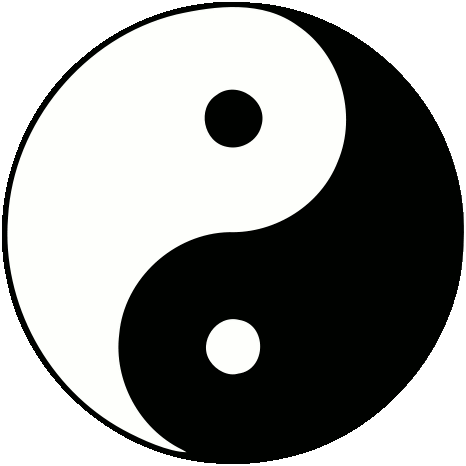James Holland, The Battle of Britain (St. Martin's, 2010), poses a serious question concerning how we view war generally. Drawing mostly on personal stories of those involved, especially pilots from both sides, Holland renders an almost intimate portrait of the Battle of Britain, which celebrates the courage of the pilots and the role the British played in turning the tide against Nazi Germany. The larger elements of strategy and tactics and the ways and means of the war are included, but in a less prominent role than usual. The book is about the people that fight wars as much as it is about war itself.
War is not good, the lesson seems to be, but there are things related to war that can be taken to be good. Pilots were courageous, Britons and Germans sacrificial, and Britain's staying power and superior skills at waging modern war praiseworthy. That's fine as far as it goes, but what do we do with it? Do courage, heroism, grit, and fortitude tip the balance sheet of war, if even slightly? Or, do they serve to highlight the evil of war by their contrasting goodness? Is war itself a mixed bag of good and evil? Or is it unmitigated evil to which people respond with good qualities? For my money, it is the latter. The human spirit does find ways to turn even the most evil aspects of human nature to a good that is not inherent in the evil. We can create good out of the evil, just as we seem endlessly able to subvert good to evil ends.
Perhaps it is not necessary to come away from every book about war with a feeling of revulsion for the institution itself, but perhaps we should remain at least somewhat conscious of what lies behind the courage and heroism—the backdrop of war. That is what I personally found understated in Holland's portrait of the Battle of Britain, the backdrop of pain and misery the whole world suffered because of World War II. It is there, for example, in the deaths of individual pilots, but understated nonetheless. Pain, death, suffering, and destruction are the main themes of any history of war, and where they are not sufficiently present in the historian's prose her or his history is less than adequate. It is less than an accurate historical portrayal of war.
